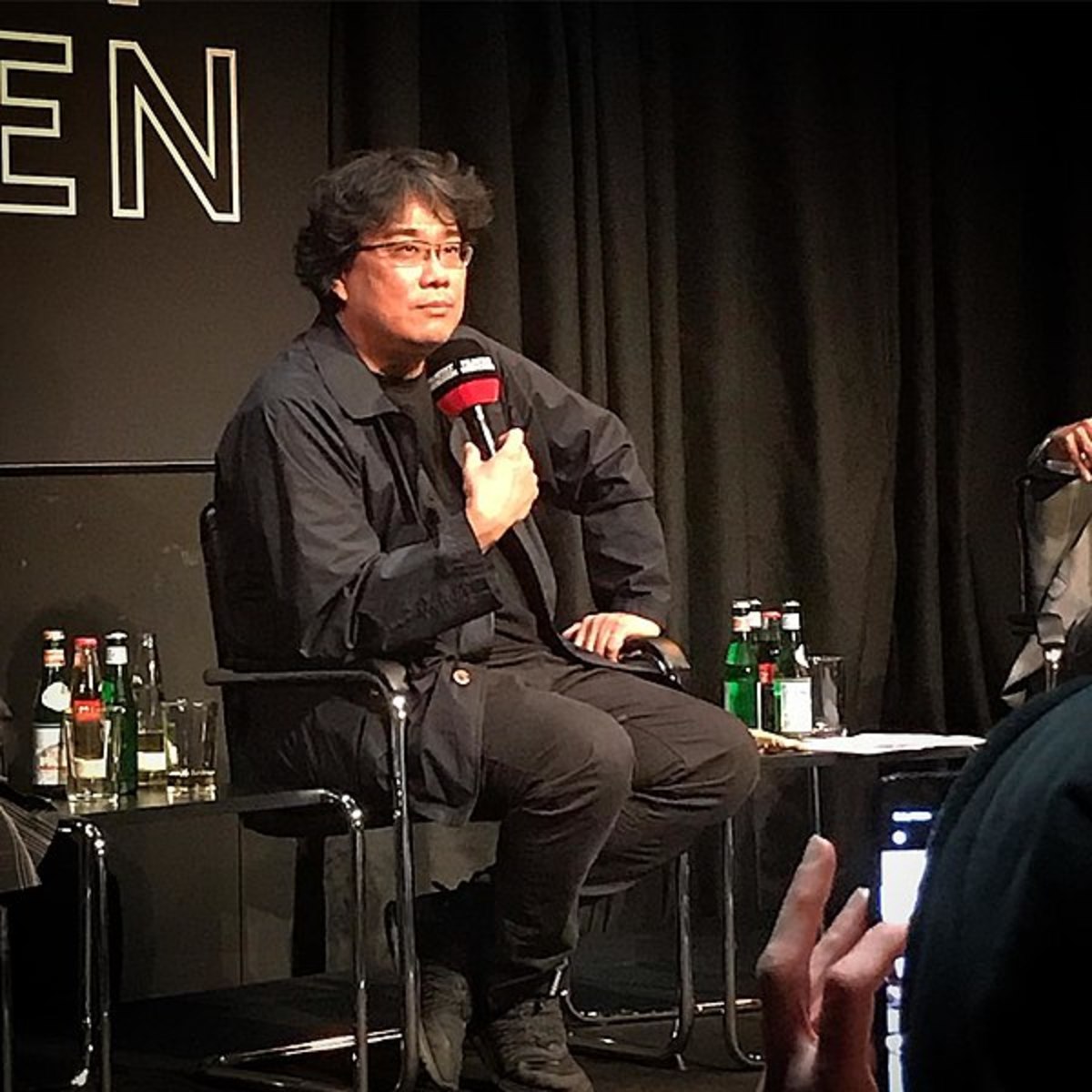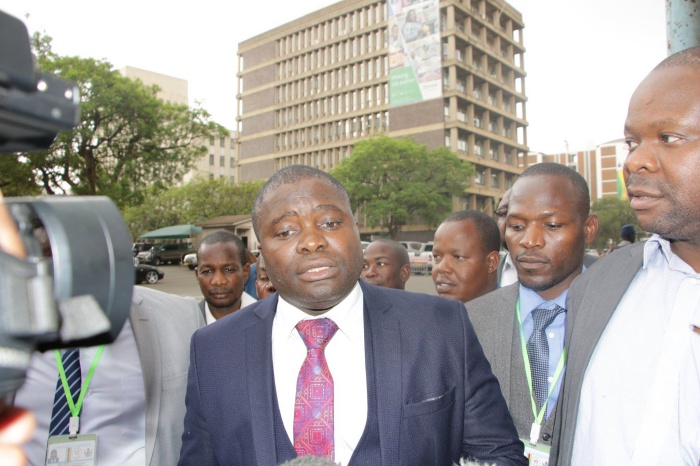Lateral Link, a prominent legal recruiting firm with offices across the United States and Asia, announced today that David Comerford, the former Co-Chair of Akin Gump’s Litigation Practice, has joined as a Senior Director in their Philadelphia and Washington D.C. offices. His focus will be on placing partners and groups into top law firms throughout the Northeast and Mid-Atlantic.
Per Comerford, “Lateral Link offered an efficient, collaborative, nationwide platform that embraces the realities of today’s legal market. Without artificial geographic or practice limits, Lateral Link takes a practical approach that maximizes recruiters’ assets to the mutual benefit of lateral attorneys and law firms. In addition, the people I met at Lateral Link are down to earth, have practiced at the highest level with some of the biggest and most prestigious law firms in the world, and are 100% committed to providing first rate service.”
Comerford holds a B.A. in History from the University of Virginia and a J.D. with honors from Rutgers University School of Law. During his 22 years at Akin, he held many leadership roles, including membership on the Partner Admissions Committee, Co-Chair of the Litigation Group, and Partner-in-Charge of the Philadelphia office. In those positions, Comerford vetted hundreds of partner candidates, analyzed strategic and firm culture fit, and helped integrate lateral partners into the firm. “I was fortunate to contribute to the continued evolution of a great firm in many ways, including through organic and lateral growth. For my next act, I wanted something that similarly would bring the satisfaction that comes from helping people build something, while leveraging my assets of experience, market knowledge, network, and judgment,” he noted.
Ryan Belville, Co-Managing Principal of Lateral Link, added, “David is a fantastic addition to the team. His background, appetite to build, and breadth of network all sync perfectly with our growth plans in the Northeast.”
As a high stakes Commercial Litigator, Comerford helped businesses and individuals solve complex problems and protect their brands and assets, for which he received recognition for by The Best Lawyers in America for Commercial Litigation, Chambers USA: America’s Leading Lawyers for Business for Securities Litigation, Pennsylvania Super Lawyers and the Irish Legal 100.
Comerford brings with him to Lateral Link 28 years of Biglaw experience and trusted judgment to help partners, associates and law firms find their next great opportunity.
About Lateral Link
The major Am Law 200 and specialty firms partner with Lateral Link as their go-to legal recruiter. With offices in over a dozen cities across the United States and Asia, Lateral Link’s established relationships and reputation position the firm to attract and deliver the best legal talent. Over the past 14 years, Lateral Link has completed thousands of successful placements as a best-in-class legal recruitment agency.
 Lateral Link is one of the top-rated international legal recruiting firms. With over 14 offices world-wide, Lateral Link specializes in placing attorneys at the most prestigious law firms and companies in the world. Managed by former practicing attorneys from top law schools, Lateral Link has a tradition of hiring lawyers to execute the lateral leaps of practicing attorneys. Click here to find out more about us.
Lateral Link is one of the top-rated international legal recruiting firms. With over 14 offices world-wide, Lateral Link specializes in placing attorneys at the most prestigious law firms and companies in the world. Managed by former practicing attorneys from top law schools, Lateral Link has a tradition of hiring lawyers to execute the lateral leaps of practicing attorneys. Click here to find out more about us.



 Josephine (Jo) M. Bahn is a federal government attorney licensed to practice in New York and the District of Columbia. She practices banking law, primarily in consumer and fraud litigation. She is currently a candidate for ABA YLD Secretary in a race against Jerome Crawford of Detroit, MI, and the slate of candidates closes at the Midyear Meeting. For more information on Ms. Bahn see:
Josephine (Jo) M. Bahn is a federal government attorney licensed to practice in New York and the District of Columbia. She practices banking law, primarily in consumer and fraud litigation. She is currently a candidate for ABA YLD Secretary in a race against Jerome Crawford of Detroit, MI, and the slate of candidates closes at the Midyear Meeting. For more information on Ms. Bahn see: 












